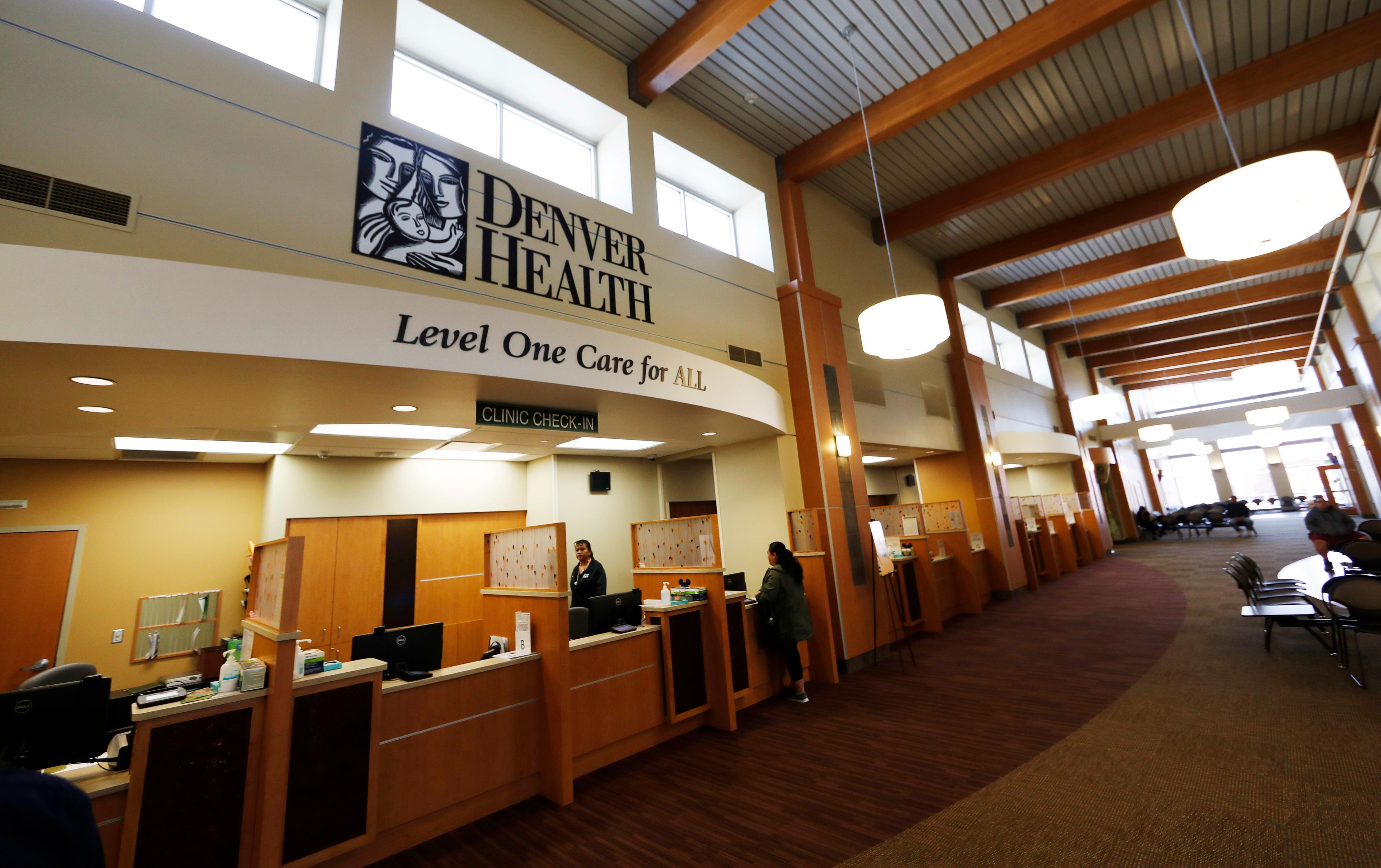
Pregnant undocumented immigrants and their children will be eligible for Medicaid starting in 2025 under a bill signed by Gov. Jared Polis Tuesday.
Sponsors of HB22-1289 are aiming to close gaps in healthcare access for immigrants.
“Expanding health-care coverage to all children, pregnant and postpartum people, regardless of immigration status, is fundamental to correcting the root causes of health inequities in Colorado,” said Rep. Serena Gonzales-Gutierrez in a statement. “This law will be life-changing for undocumented children and pregnant people who call Colorado home and deserve to have access to the healthcare they need.”
Under the law, pregnant undocumented people who would otherwise qualify for Medicaid and the Children’s Basic Health Plan, or CHIP, would be provided full health insurance coverage for up to a year following a child’s birth. Undocumented children will be eligible until they turn 18.
Healthcare advocates praised the passage of the bill. Yesenia Beascochea, a community organizer with Center for Health Progress, has been fighting for a bill to expand healthcare eligibility since 2015. She said it will help address persistent health issues undocumented people face.
“COVID allowed us to see a side that a lot of people turn their eyes on,” Beascochea said. “The undocumented population, including children, including babies, including senior citizens, were not able to access healthcare the way that the rest of us did.”
In addition to the Medicaid expansion, the bill immediately expands healthcare benefits for all enrollees. Medicaid and CHIP members will have free access to lactation supplies and support services, like breast pumps.
“There's a huge shortage of baby formula,” Beascochea said. “This is gonna be a huge help for all those parents who are new parents and can't find formula.”
Beginning in 2024, a special enrollment period will open for pregnant people, who can sign up for benefits as soon as they find out they’re expecting. The Department of Health Care Policy and Financing will also be tasked with expanding outreach to eligible people.
The change is expected to cost just under $27 million. After federal funds, it will cost Colorado $9.4 million per year by 2025.
Editor's Note: This story has been corrected to accurately reflect the expansion's cost to Colorado taxpayers. A previous version stated around $27 million. It's $9.4 million.









